Hi! I’m Ekko …
Welcome!
… and I’m Professor Kenny.
In my new movie, we’re going on an adventure to learn how to protect my home, the ocean. Will you join us?
About The Movie
Ekko has lived in the ocean with his family for millions of years. Only recently has their world become disturbed by something human made. Ekko goes on an adventure with three human friends to learn about the problems with plastic and how to solve it. Ekko learns that young people are natural problem solvers and together can protect the environment.
Please consider supporting our efforts to translate the film into other languages, including an education guide, so more kids around the world can see Earth’s Ekko!
Spreading The Word Around The Globe
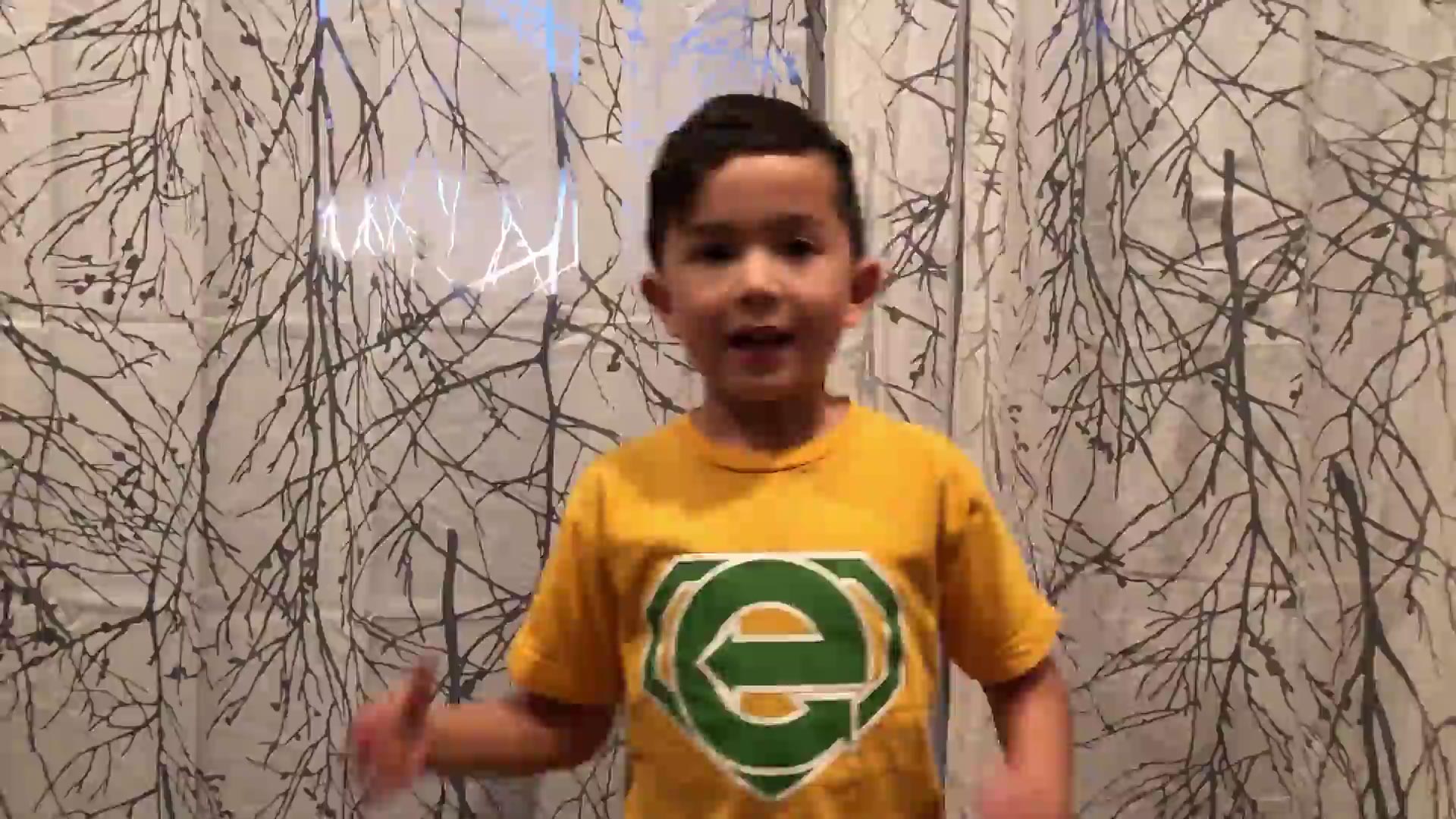
Nico
USA
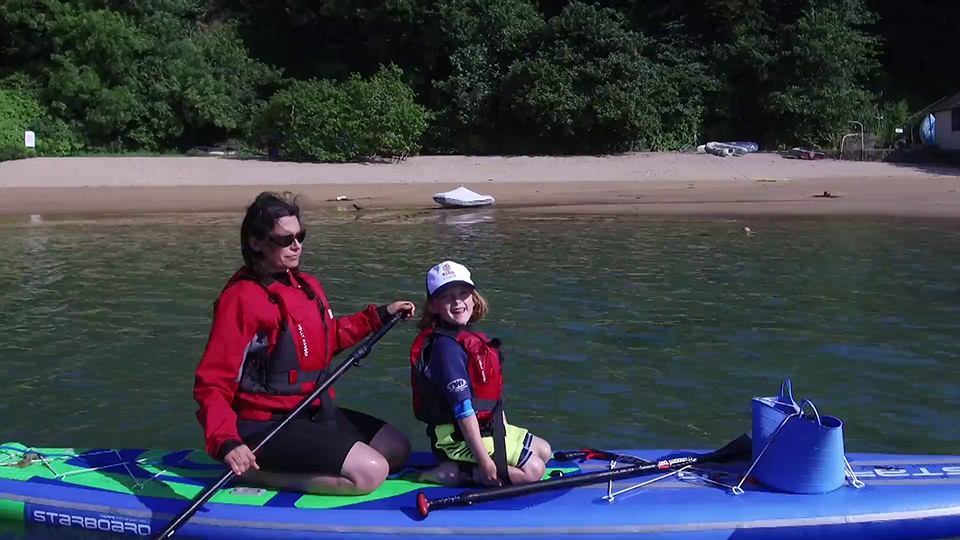
Ana
UK
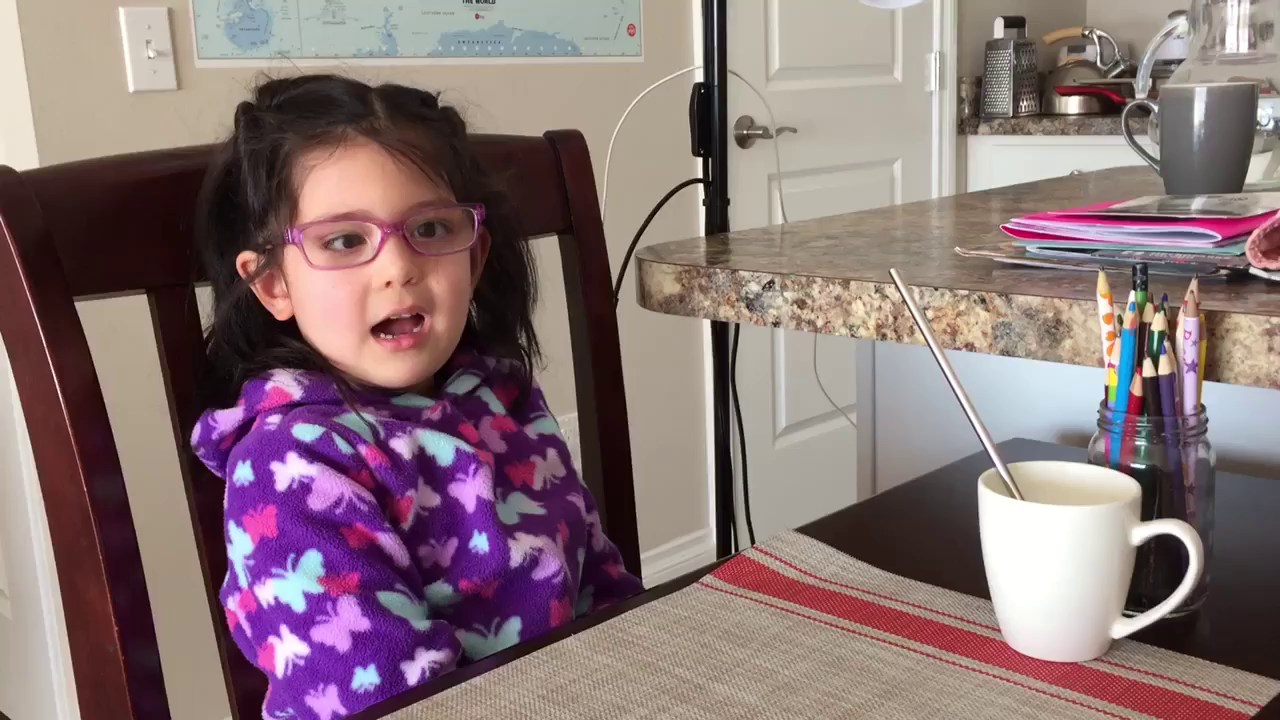
Ohio
USA
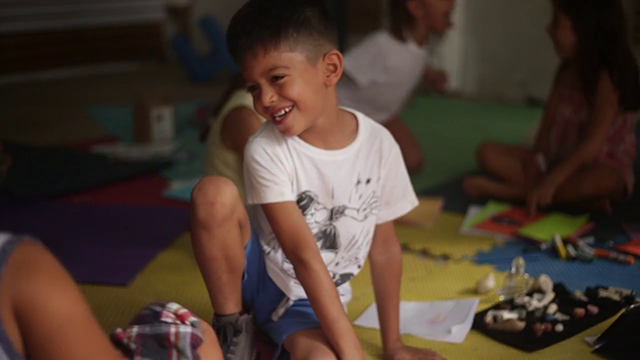
Tulum Int. School
Mexico
-
Tell us about your plastic busting activities and help inspire others to join the fight against plastic!
Tell us your story and be a hero!! >> -
At our school, we had a toy-swap day where children could bring in their old unused toys and swap them for others so that they don’t get thrown out.
Pearson Elementary School, Townplace, United Kingdom
Tell us your story and be a hero!! >> -
Our class went on a field trip to the river and used nets to clear out any trash we saw.
School of Learning, Bigtown, USA
Tell us your story and be a hero!! >> -
We all designed posters encouraging people to Refuse, Reuse, and Recycle.
Green High School, London, UK
Tell us your story and be a hero!! >> -
We organised a beach clean up at the weekend for families to come and pick up litter from the beach. We reused some of it for art projects.
Beach City School, USA
Tell us your story and be a hero!! >>





Refuse
Reuse
Recycle
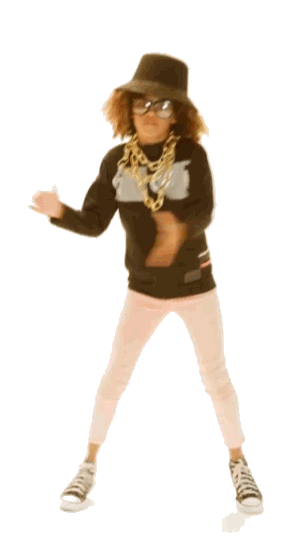
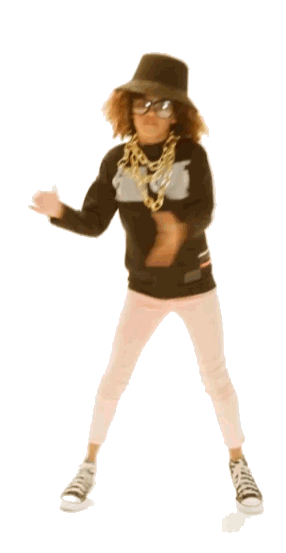


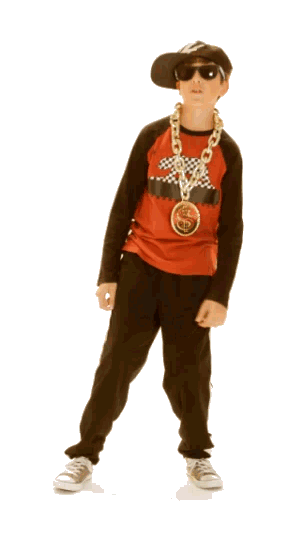
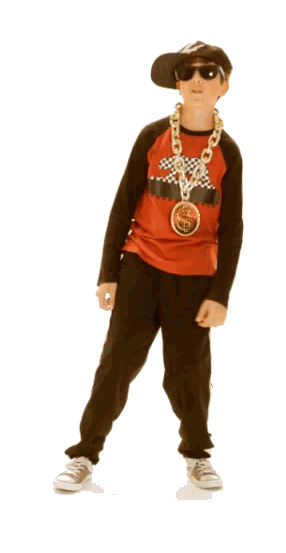
We all produce too much waste. We need to refuse items to reduce the amount of waste created.
We can start by refusing single-use items like straws, plastic bags, plastic water or soda bottles, balloons, plastic tape, or snack food wrappers. Do you really need these items? For example, do you really need a straw? You can refuse the plastic straw and drink from a cup.
We can easily reduce the amount of plastic waste by using items that can be reused over and over again.
Can you use a refillable bottle for water and juice? Can you use a cloth bag to replace plastic bags? Can you share clothes and shoes with others instead of buying new clothes? Can you repair toys and clothes instead of throwing them away?
Option numero 3 is Recycle! A lot of plastic waste can be sent to a recycling plant to be made into something else.
If you use plastic, it’s important to properly clean and separate it, so it can be recycled into reusable material without negatively impacting the environment. Can you make sure to buy 100% recyclable material? Can you start recycling in your home and school and community?
What You Can Do
What You Can Do
-
-
-
-
Organize a cleanup in your local beach or park
First things first, choose a good location. It doesn’t have to be a beach! Sadly, plastic pollution is everywhere in our environment, from our ocean and lakes, to rivers, forests and your own backyard.
Cleaning up litter from the beach, or other location, is fun and rewarding, but there’s a few things to keep in mind to make sure you and your fellow beach cleaners stay safe. So be sure to ask an adult for help.
-
Share the movie
Share Earth’s Ekko, and what you learned, with your family, friends and at your school.
Show them the website so they can get involved with ideas about how to protect the Earth.
-
Say no to single-use plastic!
Stop using single-use plastic items like water and soda bottles, plastic bags, plastic straws, plastic forks and spoons.
-
Create an art project from the plastic waste you collect.
Get creative!
Why not make something ocean-themed, or even a model or picture of Ekko?
-
Get people to sign a petition to reduce their plastic use.
Get your friends and family to Refuse, Reuse, and Recycle!
The petition could ask people to promise to stop the damage they are doing to our oceans and land. Check back with them every now and then to see how they’re doing.
-
-
-